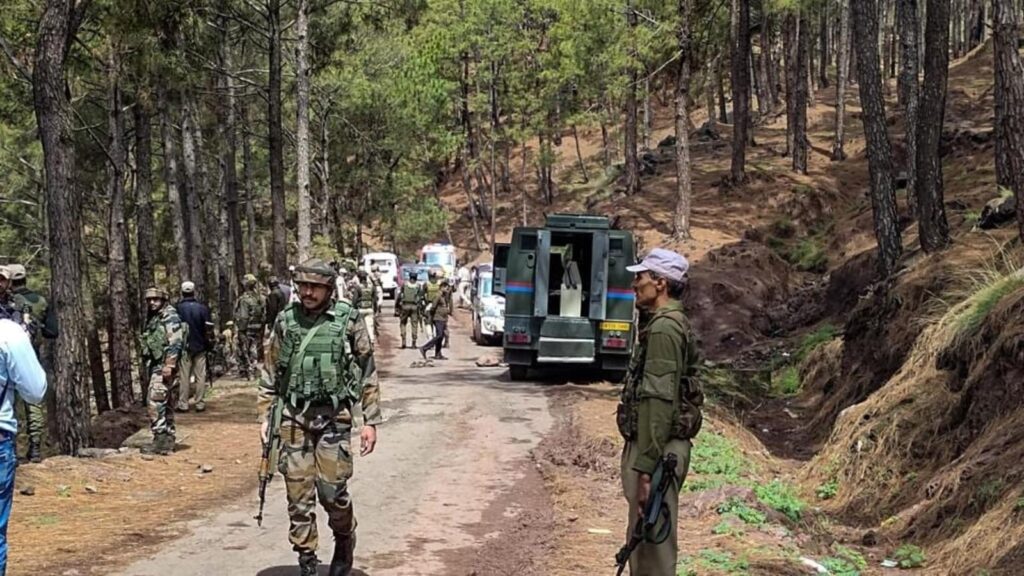The surge in terrorist violence in Pakistan’s Khyber-Pakhtunkhwa province couldn’t have come at a worse time for the country, which is grappling with an economic meltdown as it prepares for what is expected to be a divisive general election in February 2024. Three separate attacks in Dera Ismail Khan region of Khyber-Pakhtunkhwa, a hotbed of terrorist activity, resulted in the death of 25 Pakistani soldiers and 27 terrorists. The worst attack, a suicide assault involving an explosive-laden vehicle, targeted a military compound and left 23 soldiers dead. The Tehreek-e-Jihad claimed responsibility for the attack on the compound, heightening the threat posed by the group with strong links to the Afghan Taliban. The challenge posed by such terror groups is not new for Pakistan, which has struggled to come to grips with the fallout of its long-standing policy of cracking down on “bad militants” while tolerating “good militants”. However, the activities of these groups will hardly inspire confidence in potential investors at a time when Pakistan appears to be surviving on handouts from China and West Asian powers or be conducive to the holding of free and fair elections.
Ironically, the latest terror attacks came just days before another anniversary of the Taliban massacre of 144 people at an army-run school in Peshawar — an event that brought the military and politicians together in 2014 to frame the National Action Plan to crack down on terrorism. According to figures from a reputed think tank, there were 600 militant attacks in Pakistan till November, resulting in some 900 fatalities. The time has come for Pakistan’s leadership to take a call on whether the policy of tolerating some terrorists is sustainable.

